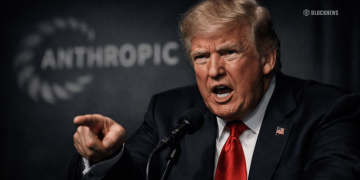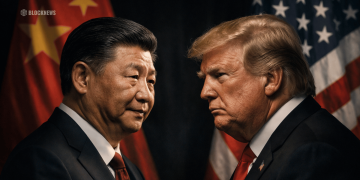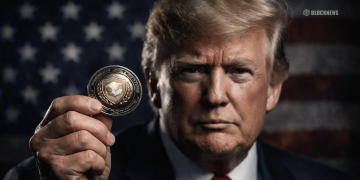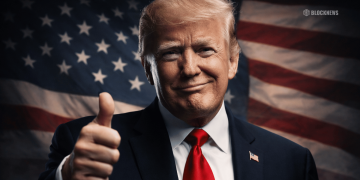- BRICS, a group of major emerging economies, has made ditching the US dollar a top priority for 2024 as Russia takes over the chairmanship.
- Russia is strongly pushing de-dollarization in BRICS to reduce dependence on the dollar after facing Western sanctions over Ukraine.
- Though gradual, BRICS’ efforts to use local currencies more are starting to shift views away from dollar dominance in global finance.
The BRICS economic alliance, composed of Brazil, Russia, India, China, and South Africa, has set an ambitious goal for 2024: prioritizing the ditching of the US dollar. As Russia takes over the chairmanship of the group this year, the country is determined to reduce dependence on the dollar and promote the use of local currencies internationally.
BRICS Expands While Committing to De-Dollarization
Over the past year, BRICS significantly expanded by welcoming its first new members since 2001 – Saudi Arabia, the UAE, Iran, Egypt and Ethiopia. At the same time, the collective redoubled its efforts to move away from the US dollar and advance de-dollarization initiatives globally. Although 2022 has ended, Russia affirmed that ditching the dollar remains a key priority for the alliance in 2024.
Russia Drives De-Dollarization to Lessen US Financial Power
Russia has been the driving force within BRICS to reduce the utilization of the dollar after facing Western sanctions for its invasion of Ukraine. The sanctions demonstrated the dangers of the dollar’s status as the dominant global currency. Seeking to decrease reliance on the dollar and boost local currencies, Russia plans to “explore ways to make greater use of national and local currency and payment instruments in our cross-border transactions,” said Sergey Ryabkov.
BRICS Shifts Global Perspective Away from Dollar Dominance
While born out of necessity, BRICS’ de-dollarization efforts have begun to shift the perception that the dollar must be the default currency in international economics. Though progress is incremental, the alliance has taken real steps to create a more multi-polar financial system less concentrated around a single currency like the dollar.














